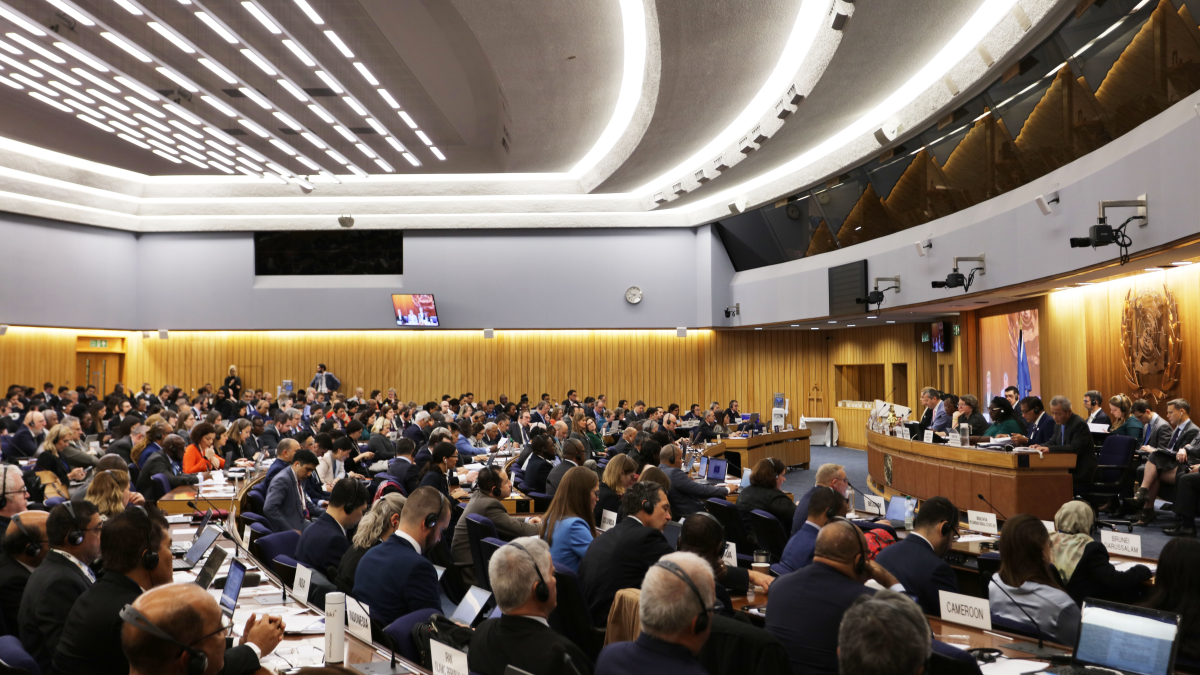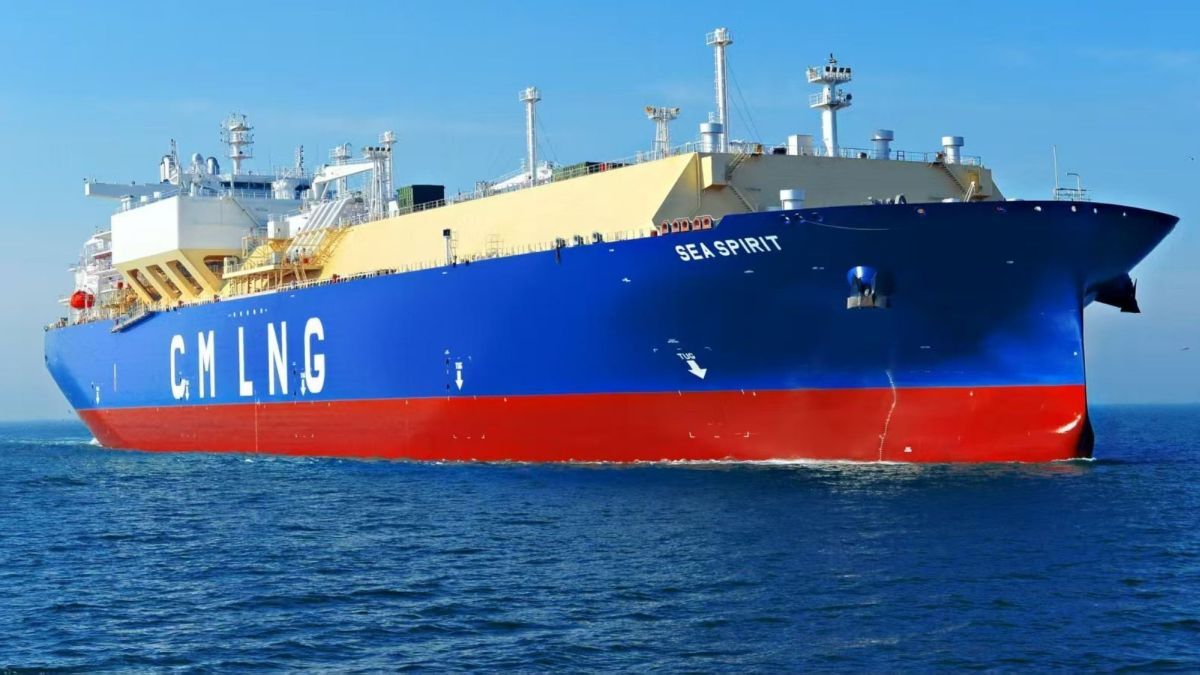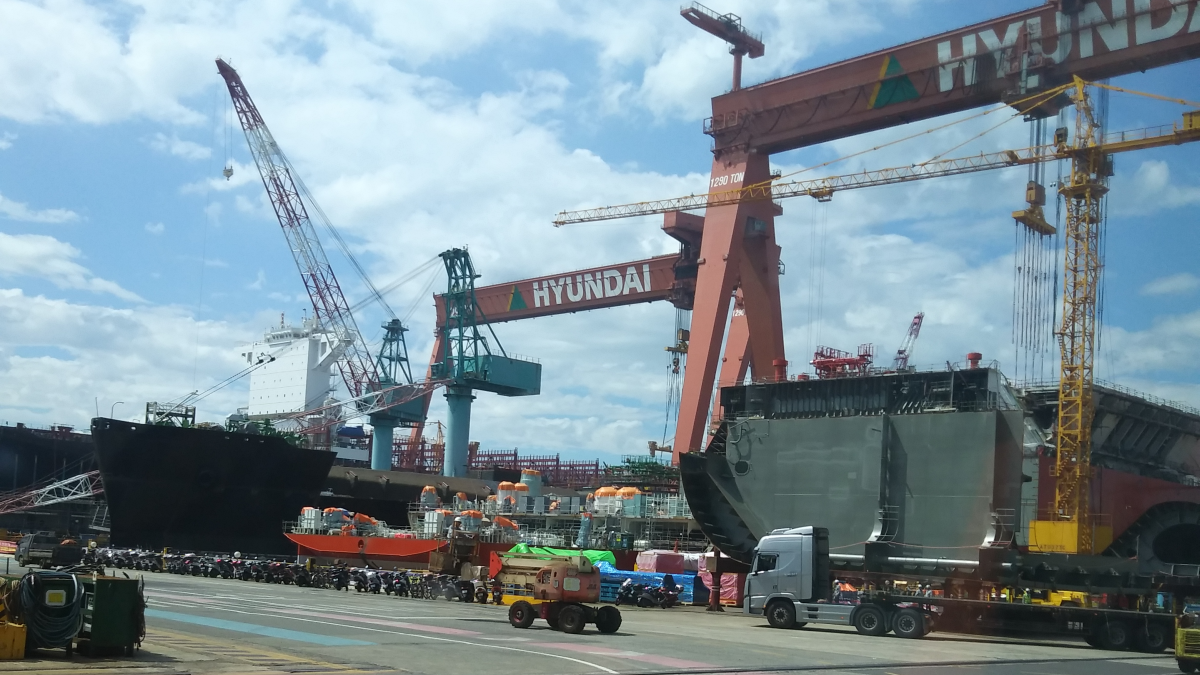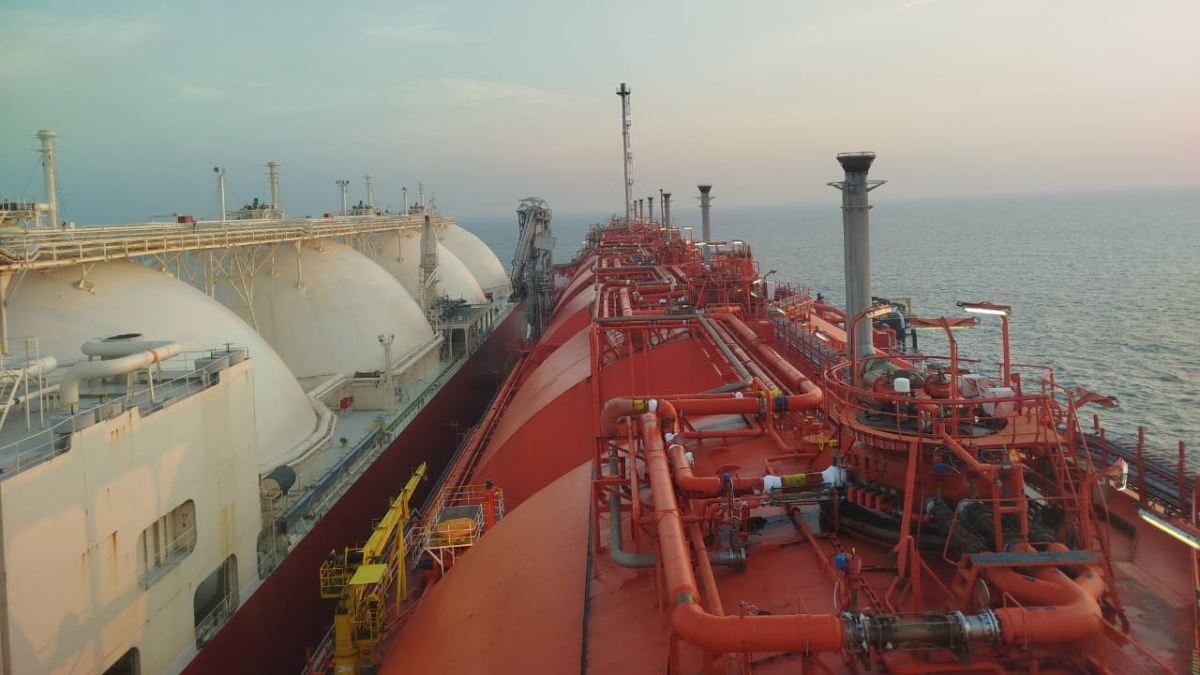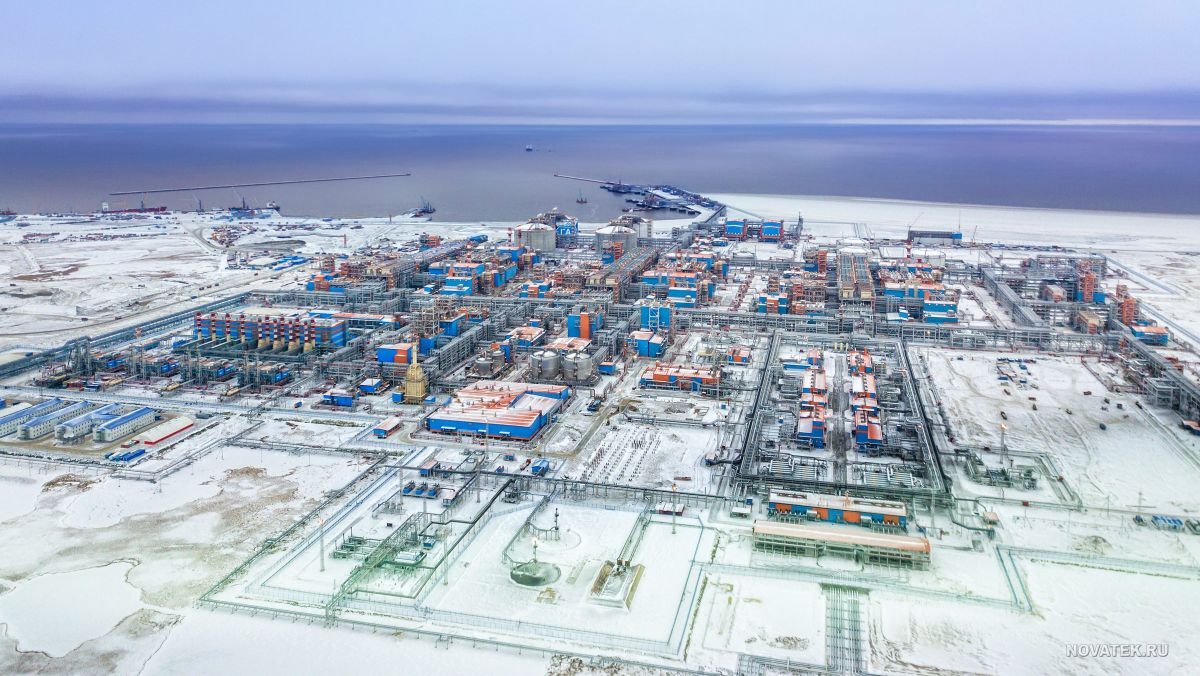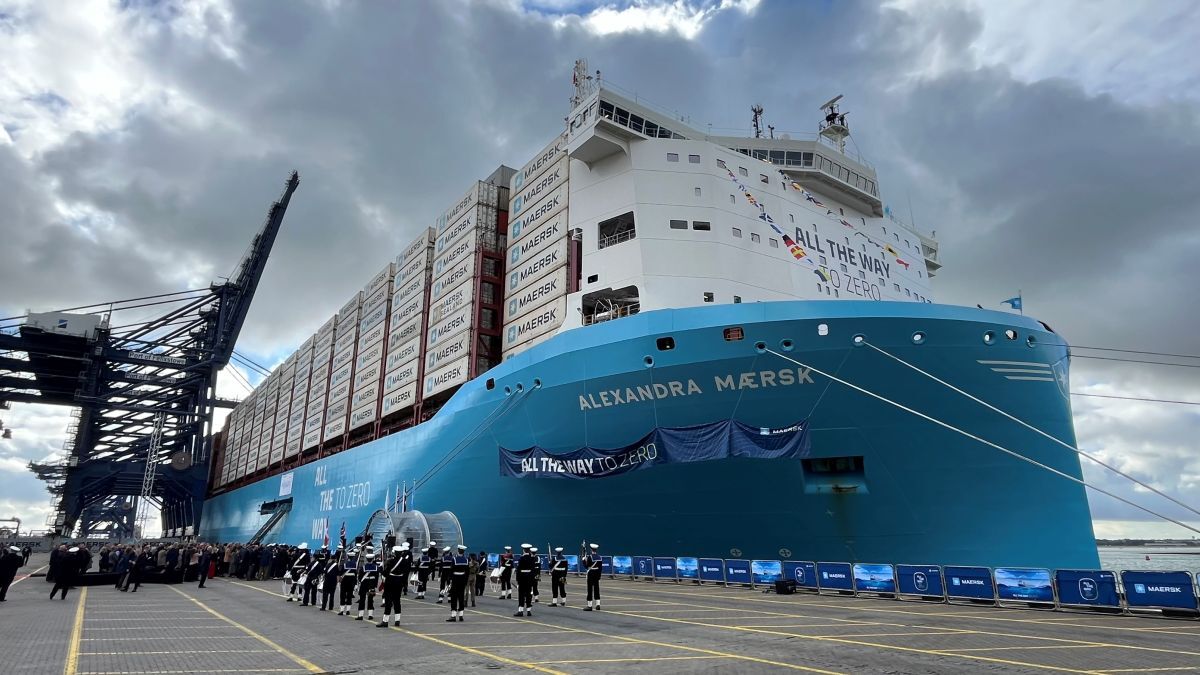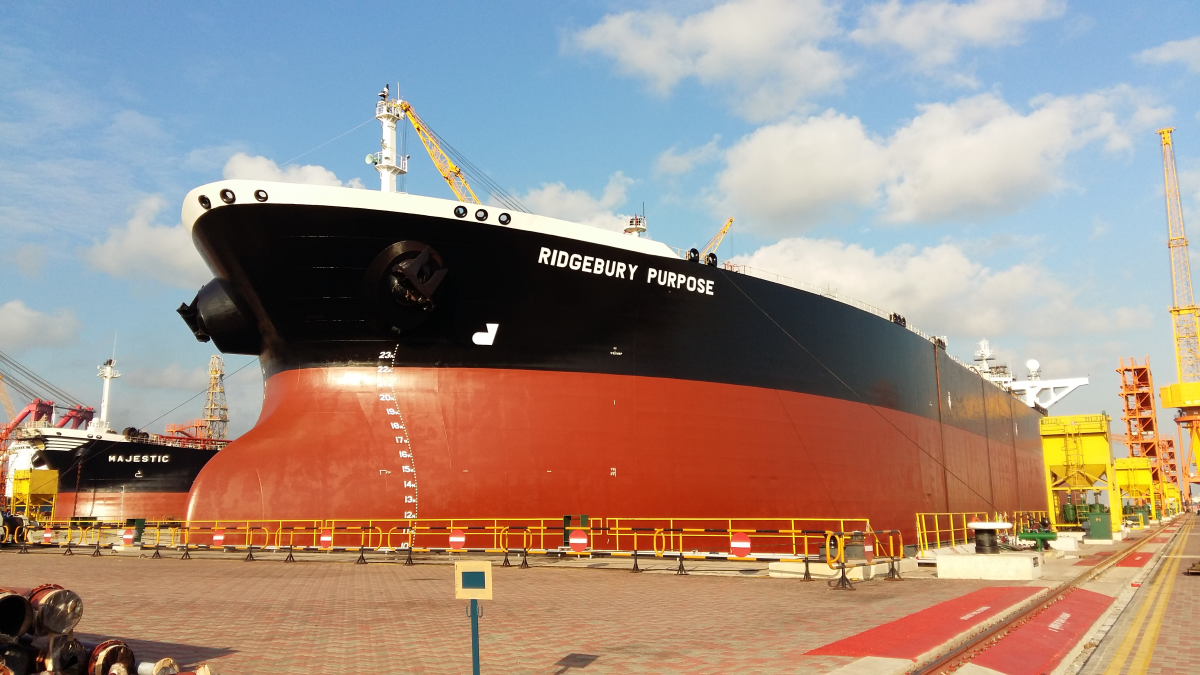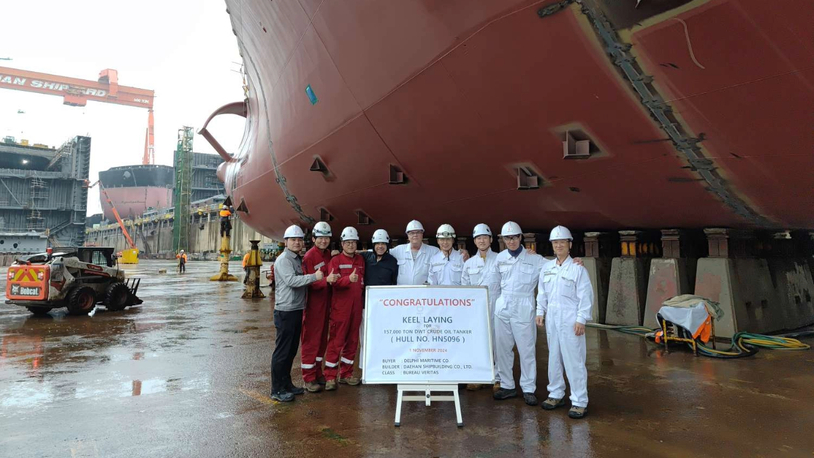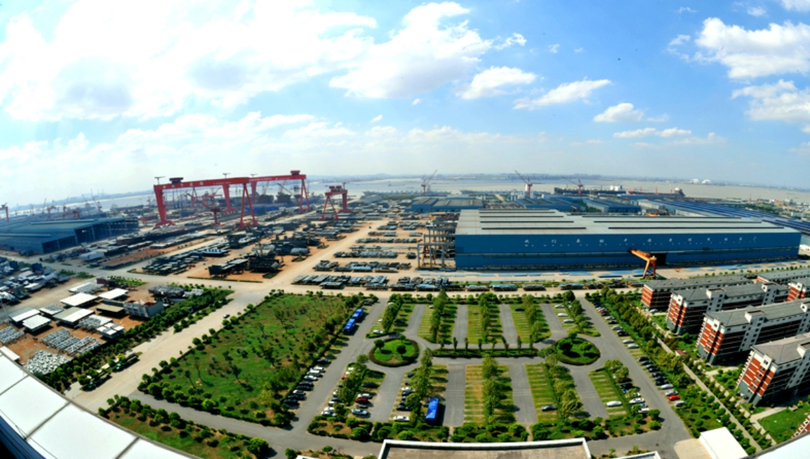Business Sectors
Events
Contents
Register to read more articles.
Russia proposes IBC Code change for vegetable oil tankers
Russia’s MEPC 82 proposal seeks to revise IBC Code regulations, easing operational requirements for tankers transporting non-hazardous cargoes such as vegetable oils
One curious element at the upcoming 82nd session of the Marine Environment Protection Committee (MEPC 82), is that Russia has put forward a proposal to amend the International Bulk Chemical (IBC) Code, focusing on the transport of non-toxic, non-flammable cargoes such as vegetable oils.
This move comes at a time when Russia is experiencing a surge in vegetable oil production and exports, and the proposal seeks to simplify the operational requirements for ships carrying these oils, particularly older tankers, by allowing ballast water discharge systems to be located in machinery spaces.
Russia has long been a major player in the vegetable oil trade, especially in the export of sunflower, rapeseed and soya oils. In 2023, Russia exported around 6M tonnes of vegetable oils, a 33% increase compared with the previous year.
Of these exports, 3.8M tonnes were sunflower oil, 660,000 tonnes were soya oil, and rapeseed oil exports saw a 69% increase to 1.52M tonnes. This rise in exports has been driven by an increase in crop yields and higher oilseed processing capacities, positioning Russia as one of the leading global exporters of vegetable oils.
The surge in exports has also coincided with rising global prices, further boosting Russia’s presence in this market, and unlike crude oil, there are no sanctions on Russian vegetable oils.
Given these export trends, Russia’s proposal to MEPC 82 seems aimed at easing the regulatory burden on tankers transporting vegetable oils.
The current IBC Code regulations require ballast water discharge systems to be located outside machinery spaces, a precaution designed for hazardous cargoes that could pose fire or toxicity risks. However, vegetable oils, which are non toxic and non flammable, present far lower safety risks than the chemicals typically covered by the IBC Code.
Russia’s proposal argues these regulations are unnecessarily restrictive for ships carrying vegetable oils and suggests revising the code to allow ballast discharge systems to be placed in machinery spaces.
In its submission, Russia points out this regulatory flexibility was allowed before 2007, prior to vegetable oils being classified under the IBC Code. Since then, shipowners have faced operational challenges and increased costs to retrofit older tankers to meet the updated discharge requirements.
By allowing ballast water discharge systems in machinery spaces for ships carrying non-hazardous cargoes like vegetable oils, Russia believes it can reduce operational complexities while maintaining safety standards.
"The current requirements place unnecessary restrictions on ships carrying low-risk cargoes," the submission notes, highlighting there have been no recorded incidents of accidents related to ballast discharge systems on ships carrying vegetable oils.
This proposal is likely motivated in part by the challenges Russia faces in maintaining and replacing its ageing tanker fleet due to international sanctions. With access to new vessels and spare parts limited, Russia’s state-owned shipping companies, which operate nine MR2 tankers built before 2007, may see this regulatory change as a way to extend the operational lifespan of these older ships without incurring the high costs of retrofitting them to comply with the stricter IBC Code regulations.
By reducing the need for costly modifications, Russian operators could keep these ships in service longer, allowing them to continue participating in the global vegetable oil trade despite the sanctions.
The proposal could also benefit shipowners globally, particularly those operating older tankers. Vegetable oil is a key cargo in many regions, especially southeast Asia and South America, where large volumes of oils are exported to major markets such as China, India, and Europe.
By reducing the regulatory burden on tankers carrying vegetable oils, shipowners could see operational costs fall, making it easier to comply with international regulations while maintaining profitability.
The outcome of this proposal at MEPC 82 will be closely watched by industry stakeholders, particularly in the vegetable oil trade.
Riviera’s Ballast Water Webinar Week will be held 14 October 2024. Click here to register for this free-to-attend event.
Related to this Story
Events
Offshore Support Journal Conference, Americas 2025
LNG Shipping & Terminals Conference 2025
Vessel Optimisation Webinar Week
© 2024 Riviera Maritime Media Ltd.


